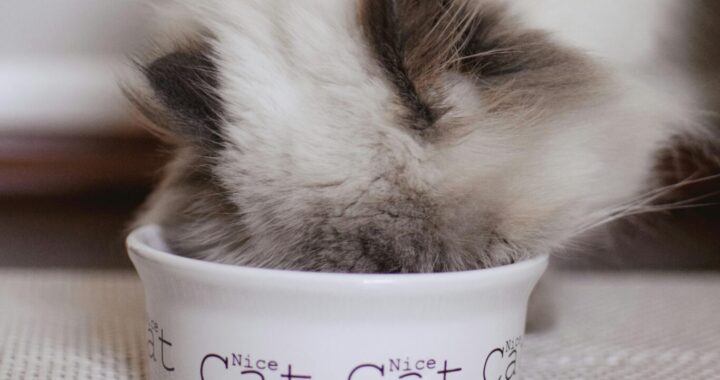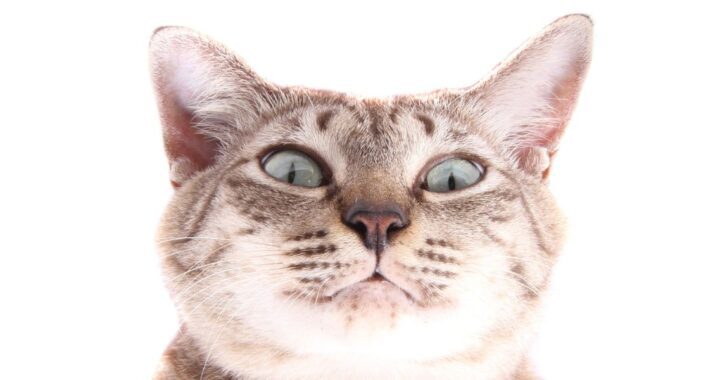What is FIV?
Feline Immunodeficiency Virus is a very manageable, but often misunderstood illness, that most often affects un-neutered male cats between the age of three and five. It is found, however, in both males and females of all ages. FIV is contracted from other cats through deep, penetrating puncture wounds so young males tend to contract it when fighting.
A Misunderstood Affliction
The concurrence of the discovery of FIV and HIV in the 1980’s, and the relatively frighteningly unknown nature of the latter, caused confusion and subsequent negative impact on cats who were diagnosed with FIV. Before more extensive research was done on FIV, shelters and veterinarians often euthanized FIV-positive cats, without giving them any chance to find loving homes. Even to this day, despite the fact that this affliction is entirely manageable, many shelters across the country do not have programs devoted to finding homes for FIV-positive cats, and instead euthanize them.
FIV is highly species-specific virus that infects only felines and is not contagious to humans, dogs or other non-feline species.
Living with FIV
Despite the lack of understanding in the early days of the virus, it is clear that cats with FIV are capable of living as long and healthy lives as their un-afflicted feline friends. With the proper preventative measures. FIV should not be a deterrent for any adopter looking to find a loving family member, but it does manifest itself in specific ways that an adopter needs be aware of. FIV causes a cat’s immune system to not function at full-capacity, so often these cats become more susceptible to certain illnesses five to ten years after contracting it.
FIV cats tend to be more prone to dental problems, like gingivitis and stomatitis. Male cats can also be more susceptible to Urinary Tract Infections (UTI), but with a high-quality diet, this can be easily avoided. Just like anyone with a lowered immune response, FIV cats are also more vulnerable to common feline viruses and colds. It is for this reason that FIV cats must be kept indoors at all times, and not be exposed to other cats that have access to the outdoors to decrease the risk of contracting some outside illness.
FIV Cats living with non-FIV cats.
Cats that have tested positive for FIV can, and typically do, lead long lives and can do so with housemates, who do not have the affliction. Because FIV is passed, most often and most easily through bite wounds, positive cats can share a home with negative cats as long as they don’t fight violently.
FIV positive cats at SAFe Rescue
Options for FIV cats are becoming greater, as the virus becomes better understood by veterinarians and the general public. Many municipal shelters are either developing their own programs for positive cats or are finding sanctuaries and private rescue organizations that have a greater ability to find adoptive homes. While the overall capacity of SAFe Rescue is comparatively small, we do not turn away FIV-positive cats when we have the ability to properly care for them.
Sources:
http://bestfriends.org/feline-immunodeficiency-virus.aspx
http://purrfectpals.org/CatResources/FIVInformation.asp
http://www.vet.cornell.edu/FHC/health_resources/brochure_fiv.cfm



